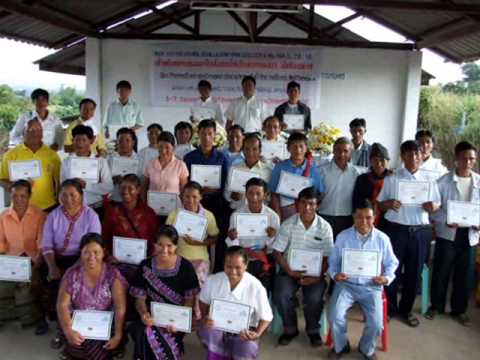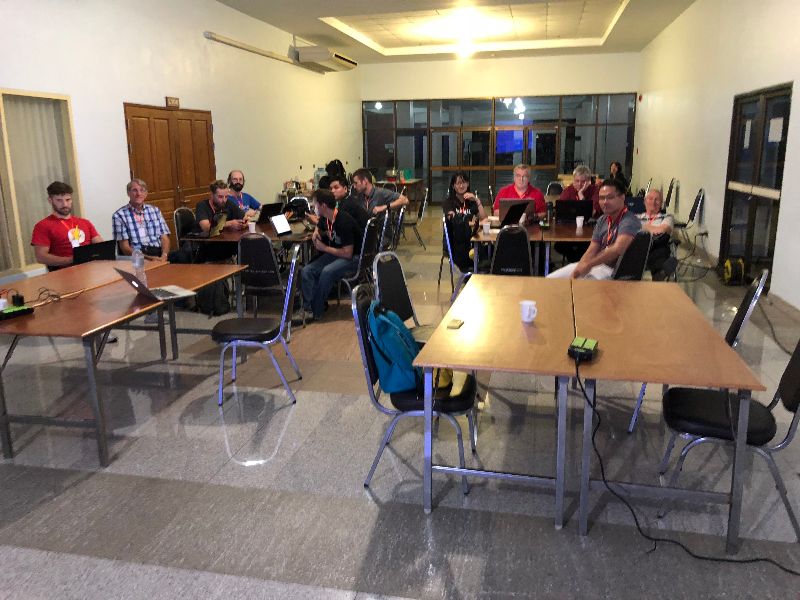The Lahu Christian Correspondence Course

A proven Biblical discipleship correspondence course goes online to overcome challenges.

The Lahu Christian Correspondence Course (LCCC) has cultivated biblically grounded and mature disciples for 15 years in Lahu villages of Thailand, Myanmar, China and Laos. Although Lahu people are strongly oral-preference people, the LCCC course has remained practical through regular visits by the team of field distributors/instructors who distribute Lahu language Bibles and the series of 10 workbooks, but more importantly, organize group learning events, maintaining a relational connection and group learning style. To this point, over a thousand graduates now serve in hundreds of villages, and the course is recognized by both formal churches and house church networks to qualify graduates for responsible church leadership.
Lahu churches and disciples, however, now face serious challenges to get decent biblical training. In China, the team of Lahu instructors from Thailand can no longer visit the Lahu churches in Yunan province, and even book distribution is curtailed. In the Wah district of Myanmar, where around 200 Lahu Christians have begun the course, Lahu churches and Bible colleges are being forcibly closed and the students conscripted to fight with the armed insurgency, and not even family members are allowed to pass in and out of the area. In Laos, church leaders who were accessing the course by crossing periodically into Thailand are now being watched and unable to come for training. Even in Thailand and the open portions of Myanmar, the team of instructors is inadequate to physically visit and service the widening network of disciples, since the villages are distributed over hundreds and hundreds of kilometers, and many hours are spent on the roads, just for travel.
Nearly all of the villages listed above, however, have at least a few smartphones and with short travel can reach cellular data signals. Also, although there are several dialects of Lahu language, the course has already proven useful and edifying to people in all the major dialects to date.
Our challenge was to create an online version of this course that took into consideration the unique needs of the Lahu people. Working with SIL, we developed a mobile version of the Lahu web font so now ministry leaders can write properly in Lahu and chat with students and village leaders with less hassle. Using SIL tools, we converted the old Lahu font used in all of their 10 workbooks to the more flexible new web font. We created demos of ebooks and online learning courses to facilitate further discussion on how to distribute the new materials. Finally, FCF IT support helped them put the converted documents onto a WordPress site so that they could be downloaded and used offline by students.
Thanks to the results of this group effort, the project is ongoing and the team is beginning to introduce the online course to people. We hope this course will open up many more doors for the Lahu people to study the Word, learn more about God, and grow in their faith.



